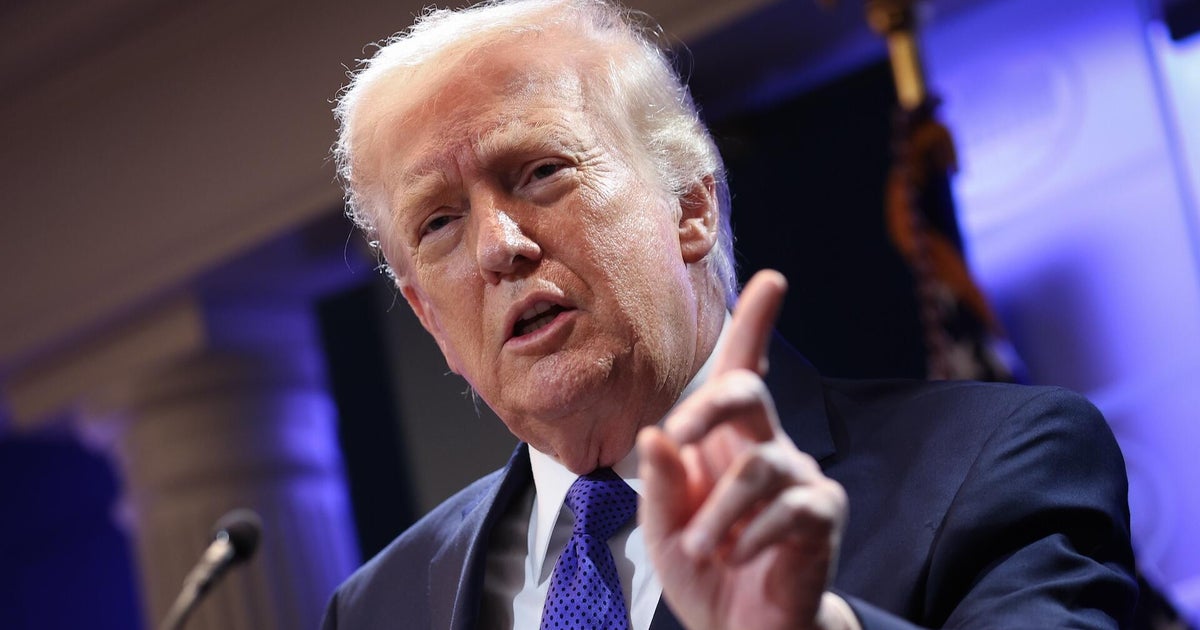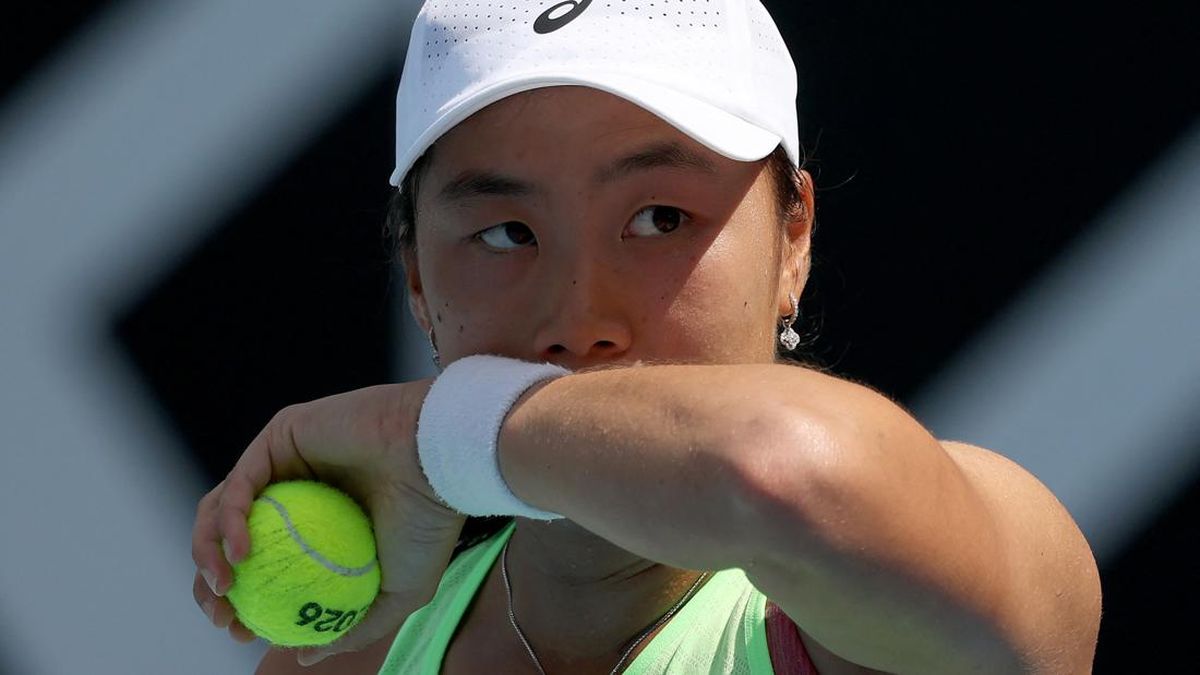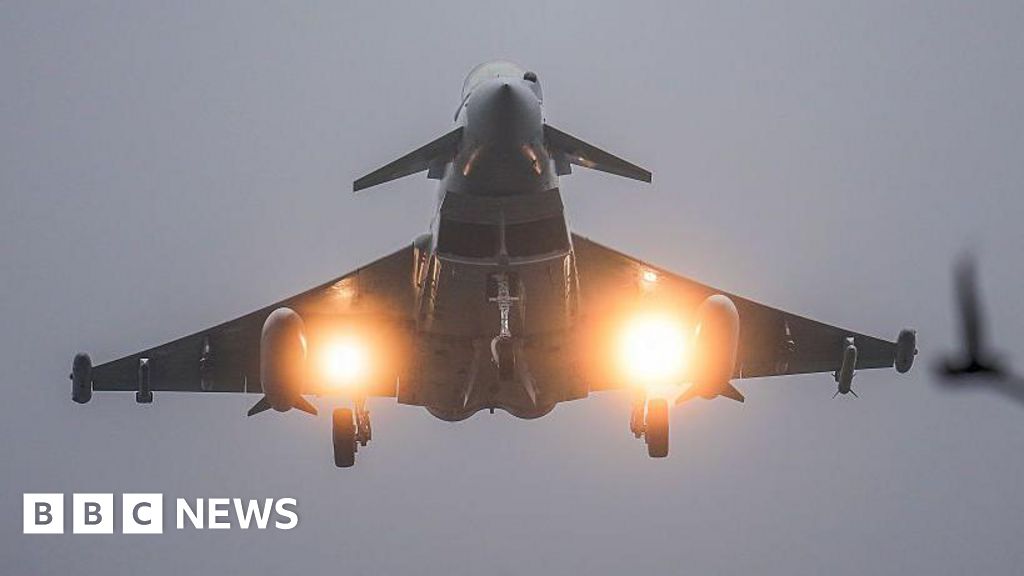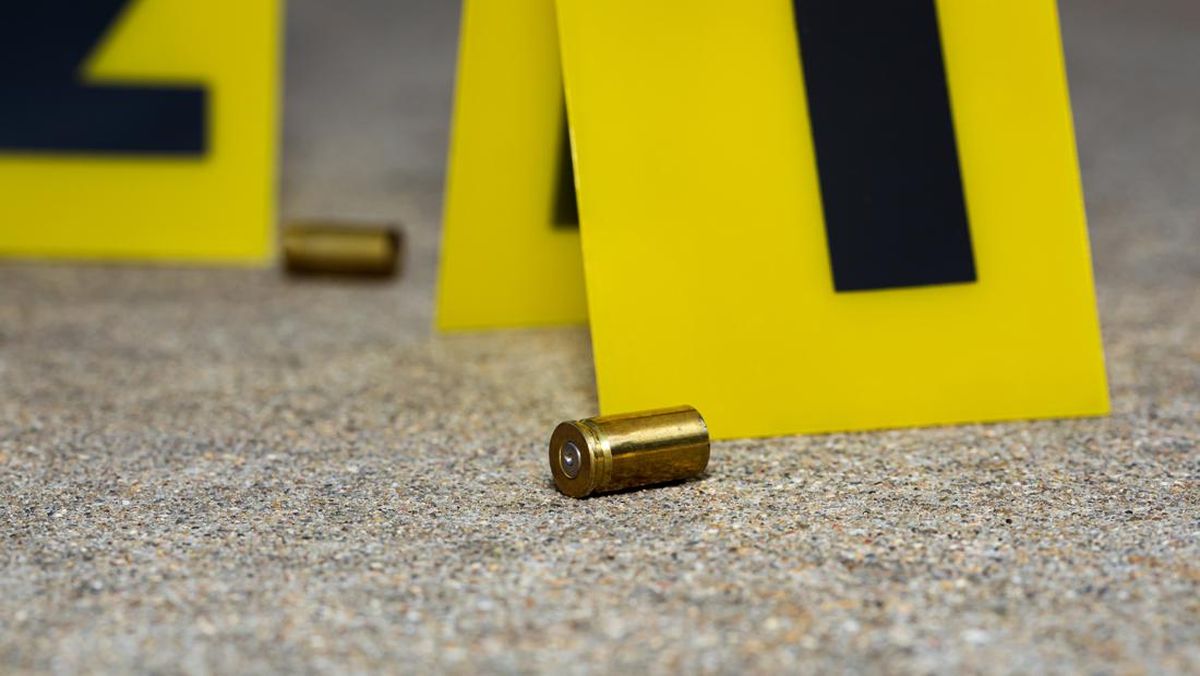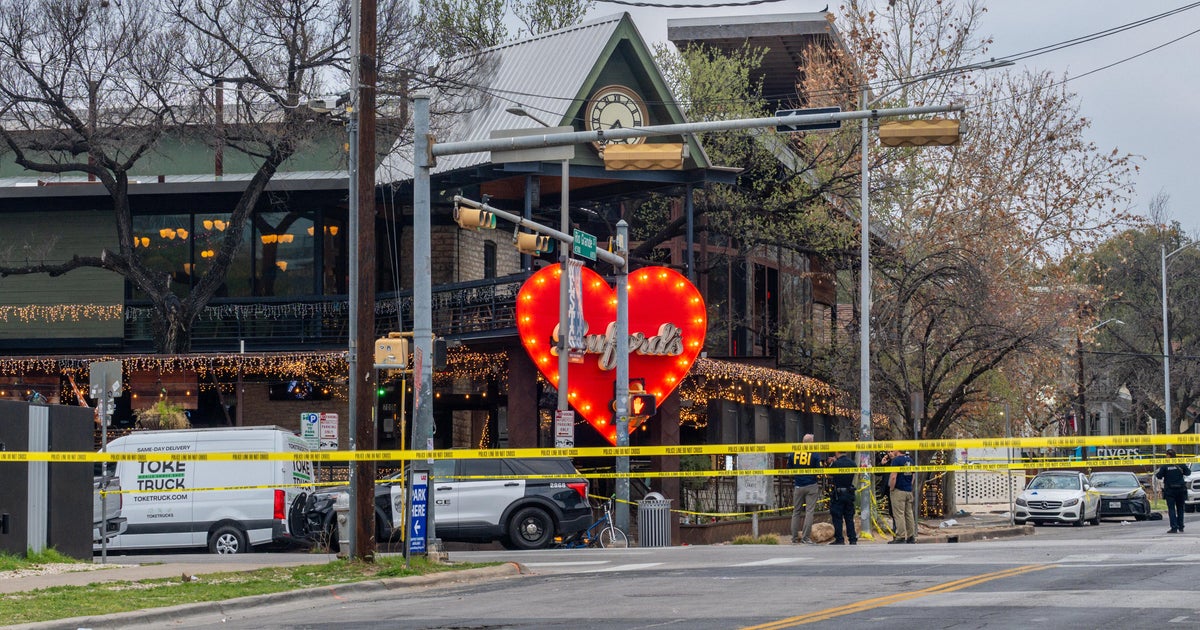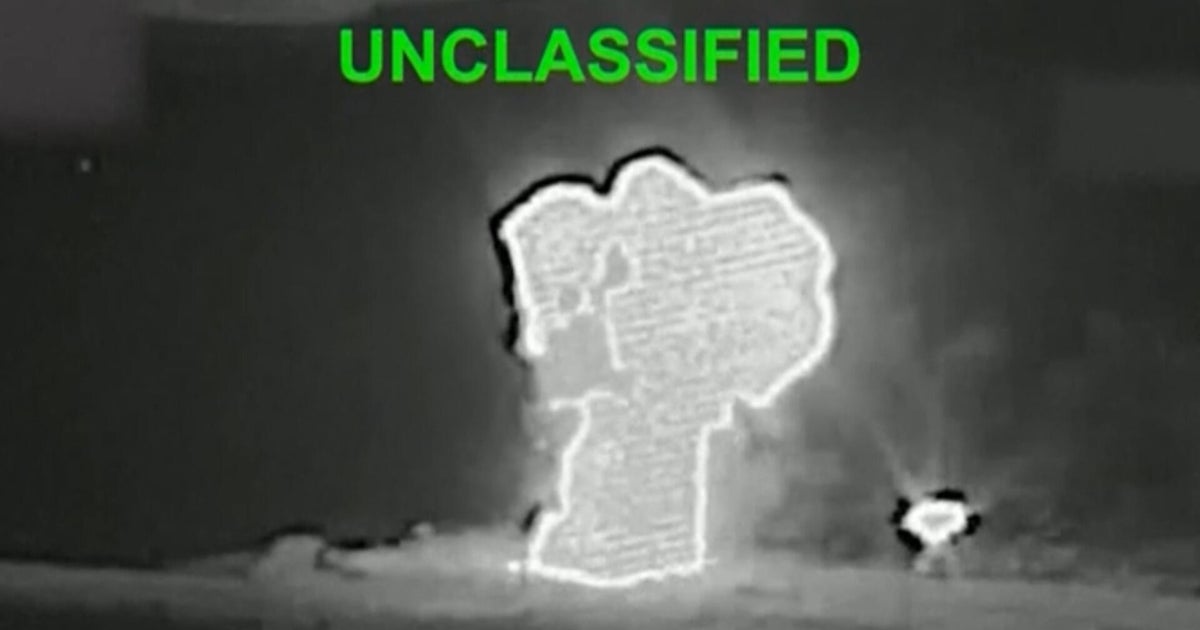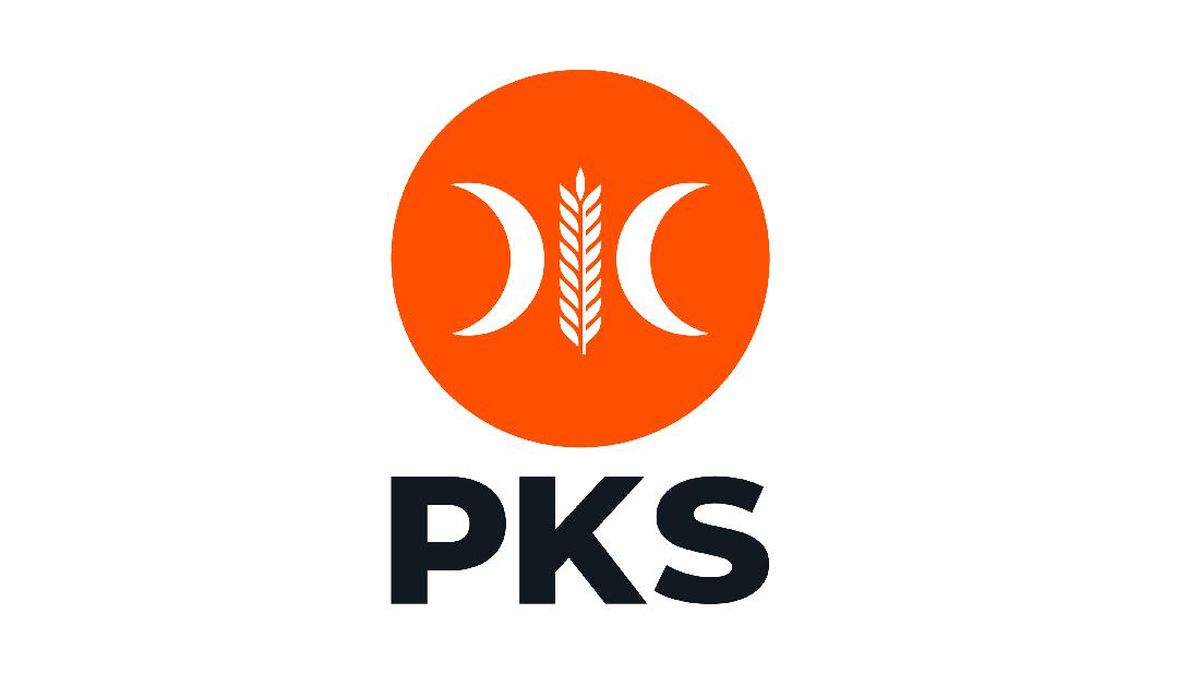November 17, 2025 — 5:00am
It’s a sultry morning in the Maldives and the mechanic is sweating as he tinkers with the sparkling La Marzocco espresso machine. All the while, hopeful guests watch, desperate for a morning hit.
“We’ve flown the mechanic in twice this month, as the humidity plays havoc with the machine,” explained the suave French general manager of this boutique, no-walls, overwater resort.
Unperturbed, I order my usual cup of tea. Earl grey, no lemon, no sugar and absolutely no milk on the side, thank you.
Unlike the coffee, the tea arrived moments later; a pot of hot water and two budget supermarket-brand tea bags languishing, insouciant as a couple of down-at-heel gatecrashers, by the pot.
Not leaf tea. Not even a decent bag, but the sort of pesticide-laden, waterproof tea bags that make you want to thump your head on the table in the midst of breakfast service. Reader, this particular resort cost $1000 a night.
I love tea; it is what makes me human in the morning. It puts the roses in my cheeks, the glint in my eye. And I know I’m not alone. Entire continents run on tea – I’m thinking India, creator of some of the best teas in the world, and but a few fleet hours east of the site of my Maldivian tea travesty.
Hotels, restaurants and cafes will finesse the espresso, coo over the pour-over, obsess with the cold-press. Meanwhile, the rusted-on tea drinker is ignored.
(For the record, I’m also a coffee snob, so I do get the whole coffee obsession.)
But tea. Yes, we are a tribe. A tribe that carries quality teabags with us when we travel, for that first morning cup in the privacy of the room, without the need for clothes or brushed hair.
All we need is a kettle and a cup. While they’re lovely, I’ve no need for the fancy accoutrements – the fine-lipped, bone-china cup, the curlicued strainer.
I confess, when I hit the jackpot and find a hotel room with top-notch tea bags, they will magically find their way into my luggage, bright rays carried onward to the next tea station of despair. I collect tea bags like others collect fridge magnets; the rare teas are prized and carried home, drunk at the desk to recall memories of vast beds with luxurious sheeting and ocean views.
With a splash of hot water, I’m back at Dubai’s Atlantis The Royal, where the blend of white tea and sweet rose petals are bound in a bio silk bag, to deliver a cup that is as fragrant as it is uplifting.
Or in Bhutan, where Tsheringma mountain herbs are harvested by hand and said to heal colds and boost the liver. Or in Jakarta, a flower ball of chrysanthemum unfurling in the hot water, or back on the beery, cobbled streets of Dublin, where Bewley’s Irish Breakfast tea is as black the city’s second drink, Guinness.
You may think this is a lament about foreign abodes. But just recently, I visited a new capital city hotel and then a landmark country retreat, both brazenly proffering a lacklustre bag I can pick up for in a pack for less than a fiver at my local supermarket. All the while, the coffee slave must dither between plunger and espresso, a choice of locally roasted beans, milks for ilks…
And so, I call out to hoteliers; step up your steeping game, and let us at your loose-leaf. You may write us tea drinkers off as genteel Austen readers, mild-mannered to the point of insipid. Foolish, even.
But I have been playing along, carrying my tea stash, rage simmering below the surface, and I’m calling (tea) time on it all. You just haven’t yet met me without my first cup.
Sign up for the Traveller Deals newsletter
Get exclusive travel deals delivered straight to your inbox. Sign up now.
From the Caucasus to Cairo, Melbourne-based journalist, broadcaster Belinda Jackson is drawn to curious alleyways, street-eat carts and pulling at the strands of culture and tradition. Having called Ireland, Egypt and the UK home, she has a soft spot for the wilds of the Middle East and Central Asia, scarves and carpets. And while luxury is lovely, some of the best stories of her 25 years on the road were found in a $20 guesthouse. Follow her on instagram @global_salsa

